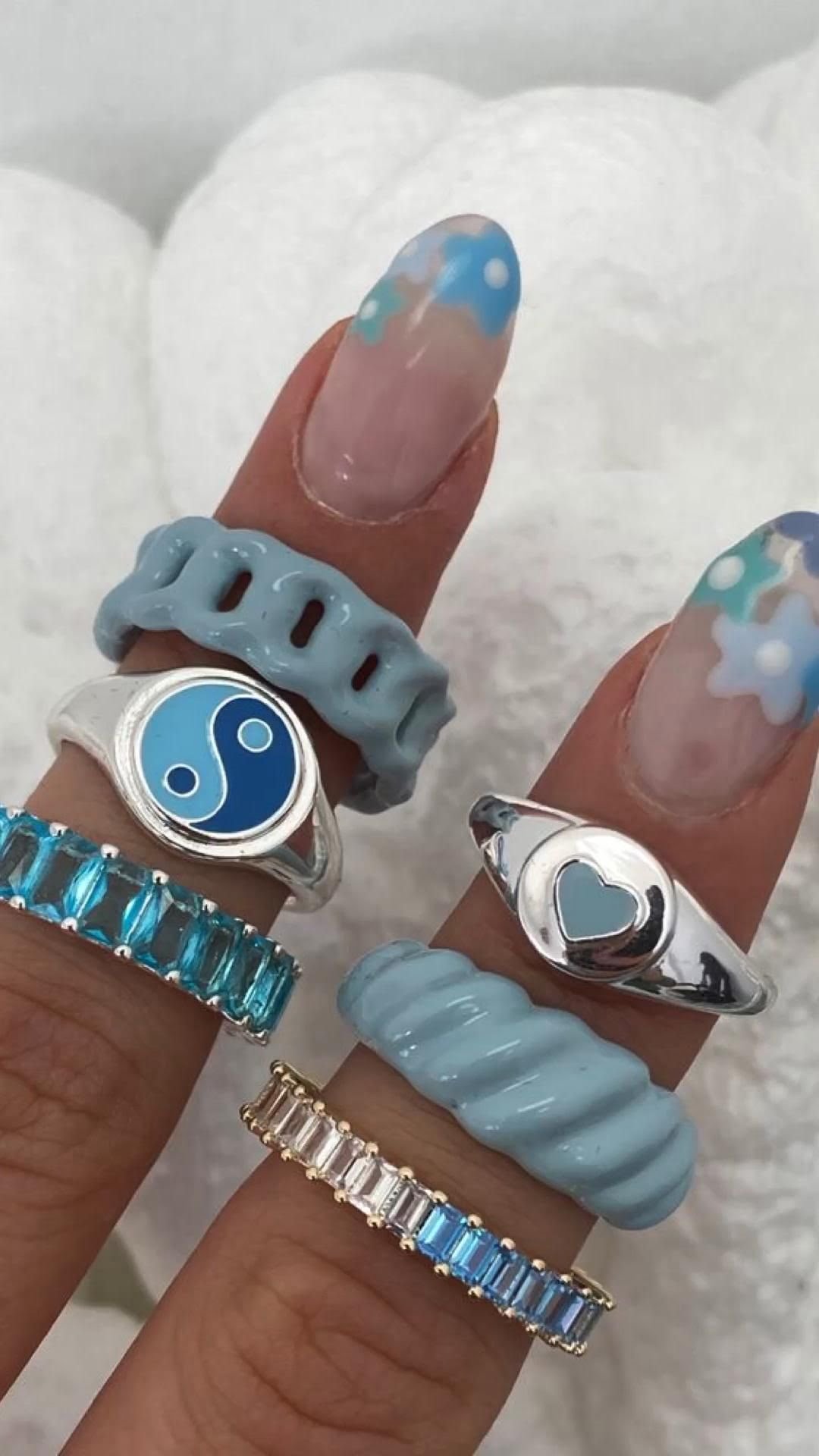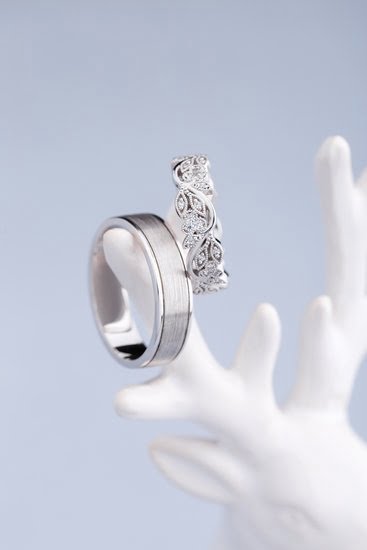Introduction
Many people are familiar with the star of David as a symbol of Jewish identity, but it’s not the only jewelry associated with Jews. For centuries, religious tradition and cultural heritage have inspired the use of various types of jewelry among Jewish communities. In fact, it is common to see people wearing items such as rings, earrings, charms, necklaces and even clothing adorned with meaningful symbols.
Jewish religious traditions involve many rituals that involve jewelry worn by both men and women. Since ancient times, Jews have worn decorative ornaments in keeping with their faith. Small animals made of gold represented topics such as fertility; colorful pendants decorated household entrances meant to fend off evil spirits; coins carried impressions from important historical moments or biblical symbols were crafted into earrings and other types of adornments for everyday wear; seals featuring messages about God often served as sacred signs on wedding bands and signet rings.
More recently, modern Orthodox recommendations regarding acceptable forms of adornment have varied from community to community. For example, some communities may recommend modest amounts of gold jewelry for women in accordance with traditional modesty rules whereas others might be more open to different styles. This type of self-regulation has created a kind of diversity within those abiding by halachic standards that allow for minimal ornamentation and those who embrace more elaborate forms for special occasions such as weddings or bar/bat mitzvahs.
Regardless of the style chosen (if any), there is no doubt that Jewish people still wear jewelry today as an expression or affirmation of one’s faith or heritage – whether it’s passed down through generations or newly found inspiration from other members within the community. It has become an integral part of daily life in many cultures worldwide, maintaining its place in the timeline between spiritual fulfillment and artistic expression throughout history.
Traditional Practices
Yes, Jewish people do wear jewelry. For centuries, wearing certain jewelry is believed to be a part of the Jewish culture and religion, and many Jews around the world continue to honor this tradition. Wearing Jewish jewelry is often used for special occasions like weddings or bar mitzvahs and also for everyday use as a signifier of identity or remembrance. Examples of traditional Jewish jewelry include the hamsa (or chai), Star of David, and Chai symbols that are often made from gold or silver and sometimes feature gemstones or verses from sacred texts.
Nowadays, there are plenty of creative interpretations when it comes to wearing Jewish jewelry. It can come in the form of earrings, necklaces, bracelets, rings, pins and more. There have been popular designs inspired by modern art and pop culture as well as ancient typography elements like Hebrew letters. Many pieces also feature meaningful phrases in Hebrew such as “Tikkun Olam” (which means “heal the world”) inscribed on an engraved bracelet or necklace. Furthermore, personalization options such as name engraving has enabled individuals to show their unique style while celebrating their faith’s traditions through custom-made pieces that incorporate religious symbols into a design they love most.
Timeless Pieces
Jewish people wear jewelry as an expression of their culture and faith. Some traditional pieces are handed down through families, depicting meaningful symbols, such as the Star of David and ancient Hebrew script. Popular contemporary designs, like mezuzahs, necklaces with Chai symbols, and rings featuring Hamsas are all beautiful reminders of the Jewish faith. Modern day pieces can often be customized depending on personal preference or style. Furthermore, many items have been incorporated into everyday fashionable accessories like pins or earrings; a subtle way to represent a faith that is deeply embedded in one’s identity. These timeless pieces have shaped the course of contemporary jewelry for Jews around the world and offer opportunity for others to appreciate and also join in on this long standing tradition.
Symbolism and Cultural Roots
Jewish people have a long-standing tradition of wearing jewelry for religious and cultural reasons. Throughout Jewish history and in various societies, both men and women have worn jewelry that has been inspired by the Torah, Kabbalah, or other spiritual belief systems. Certain pieces are often associated with particular religious events or rituals within Judaism and many items become family heirlooms passed down from generation to generation.
The Star of David is one of the most iconic symbols embraced by Jews all over the world. It is seen as a sign of protection and can be fashioned into a range of jewelry such as amulets or necklaces. Similarly, the Chai symbol represents life in Hebrew culture and connotes celebrations related to Bar Mitzvahs, weddings, and other important rites of passage. Other items commonly seen amongst Jews include Hamsa hands which symbolize defense against negative energies and pendants depicting ancient Hebrew text known as Magen Davids which serve as an emblem of faith.
In addition to these more universal symbols, some members of the community also don personalized jewelry given to them on a special occasion such as a Bat Mitzvah or birthday. Personalized pieces like nameplates, engraved cuff-links or even kiddush cups are reminders of one’s own commitment to his/her faith or identity as part of proud Jewish heritage.Jewelry has been widely adopted in Jewish culture because it serves to mark major moments of transition or acts as a visual statement that is both spiritually meaningful and culturally significant
Modern Jewelry
Yes, many Jewish people wear jewelry. Wearing contemporary Jewish jewelry is a way to honor cultural and religious affiliations while celebrating personal style. Its defining characteristics often include pieces that have meaning or symbols related to Jewish faith, identity, and culture. For example, one popular item is a delicate necklace featuring the Star of David, an ancient symbol representing God’s covenant with the children of Israel. It is also common for traditional items like Chai necklaces and mezuzahs to be combined with modern designs featuring shapes such as Hamsas or mandalas. Many pieces also feature Hebrew words, initials, dates and names linked to phrases from the Torah or Tanakh. Traditional materials in modern designs are also widely used and can include anything from gold to sterling silver; precious stones like diamonds; stone combinations such as lapis lazuli; or alternative materials like gemstones. In short, modern Jewish jewelry reflects a combination of traditional symbols, meaningful words, and modern sophistication – making it ideal for expressing faith while still maintaining personal style.
Handcrafted Pieces
Yes, Jewish people wear jewelry. Jewelry is an important part of Jewish culture and tradition, symbolizing devotion to their beliefs. Jews often wear jewelry featuring items that are significant in their faith, such as the Star of David or the Hamsa hand. Not only does this demonstrate their commitment to Judaism, but it can also act as a form of protection by warding away evil spirits and negative energies. In addition to these symbols of devotion, many Jews also enjoy wearing unique handmade pieces crafted with intricate detail and specialty craftsmanship. These pieces are typically crafted with semi-precious stones and metals such as silver or gold, giving them a timeless appeal that celebrates individual fashion sense while still paying homage to traditional designs. Handcrafted jewelry allows for personalization options that make wearing a piece special and meaningful for each person who wears it. Whether given as a gift or purchased as a sign of unconditional love and appreciation, handcrafted pieces provide members of the Jewish faith with a way to communicate their beliefs through charming accessories.
Preservation
Yes, Jewish people do wear jewelry. It is often used to connect the wearer with the faith and can contain personal religious symbols. If a person wears this type of jewelry, it is important to take proper steps in order to preserve its quality and enhance its beauty. It is recommended that you store the jewelry in individual containers or separate compartments to avoid any pieces from becoming tangled or scratched. Minimize air exposure; as some pieces can be oxidized due to airborne pollution and humidity. Cleaning should also be done on a regular basis using products that are specifically used for jewelry; being careful not to submerge it in liquid solutions for too long so that delicate beads or enamelwork are not damaged. Remember to inspect each piece for any weak spots or imperfections that may need repair earlier than later, which could cause even more damage if left unattended. Taking these steps will help maintain high quality of your religious jewelry and keep it looking beautiful for many years.
Conclusion
Jewish people have been wearing jewelry for centuries, as a means of religious expression and as a way to express their unique cultural identity. Jews typically wear religious symbols, symbols of Jewish pride, or even symbols of familial history. Examples of commonly worn jewelry pieces include the Star of David and Hamsa hand, among others. Wearing these pieces is seen as a way to show one’s Jewish conviction and honor their heritage. Nowadays, many Jewish individuals wear jewelry items in order to further enhance their connection with the faith and culture. To some Jews, this jewelry is an outward sign of strength and resilience against adversity; it serves as a reminder that they can continue to persevere despite hardships. Furthermore, regardless if one chooses to wear traditional Judaica motifs or contemporary designs, wearing any form of Jewish-inspired jewelry is ultimately a form of honoring their beliefs or heritage in some shape or form.

Welcome to my jewelry blog! My name is Sarah and I am the owner of this blog.
I love making jewelry and sharing my creations with others.
So whether you’re someone who loves wearing jewelry yourself or simply enjoys learning about it, be sure to check out my blog for insightful posts on everything related to this exciting topic!





